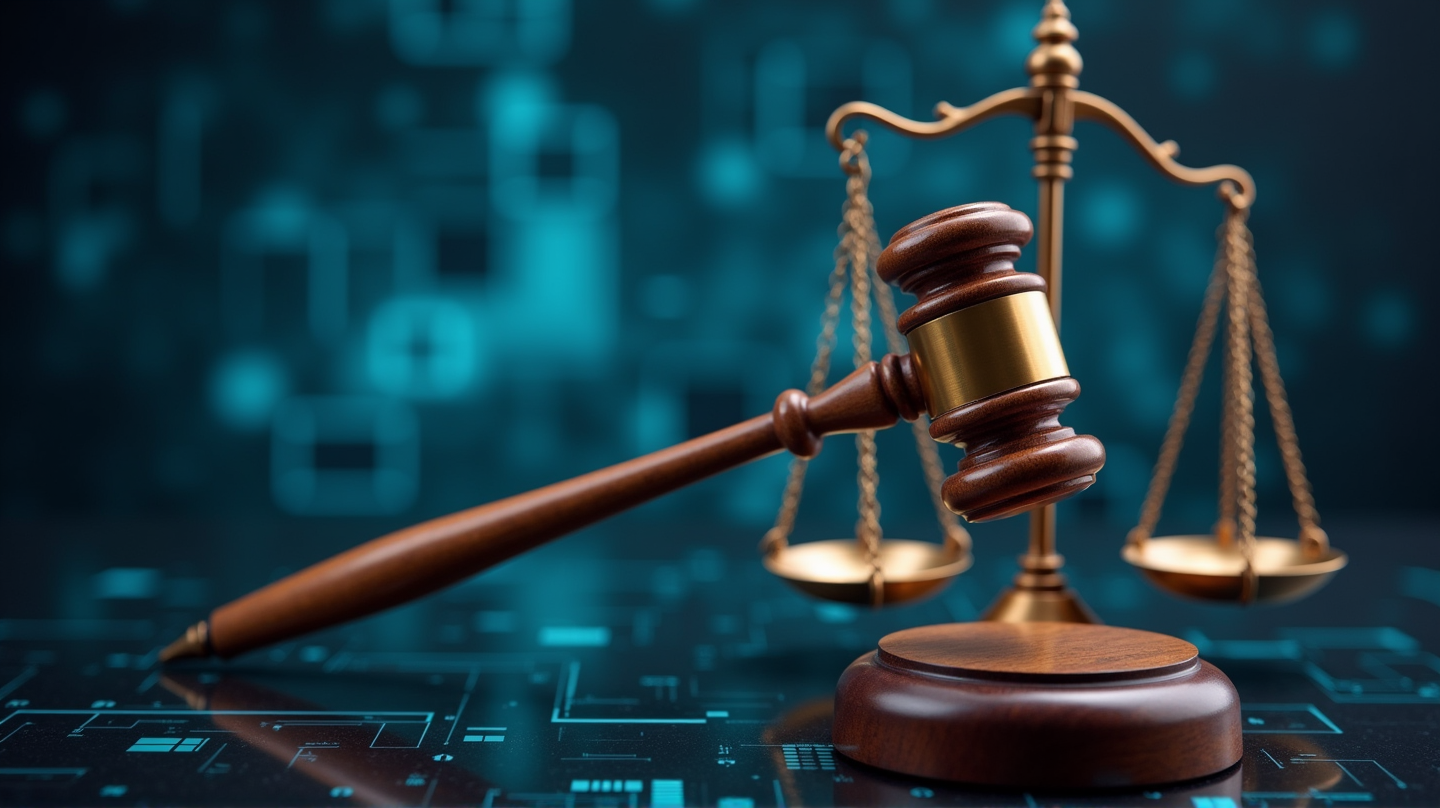In a significant development, the Karnataka High Court has dismissed a case filed by Elon Musk’s X against the Indian government’s Sahyog portal, which the social media platform had accused of enabling arbitrary censorship. This ruling has triggered a fresh debate over free speech and the power of governments to control digital content across borders.
The Dismissal That Stirred Concerns
The court’s decision marks the second defeat for X in challenging India’s content control measures. The implications of this ruling have set alarm bells ringing among digital rights advocates, who fear it legitimizes government overreach in censoring online content without due process. According to BBC, this could signal a trend where social media platforms are coerced into compliance, questioning the very essence of free speech in the digital age.
What is Sahyog Portal?
Launched by India’s federal home ministry, the Sahyog portal is described as a tool to automate the issuance of government notices to content intermediaries. While tech giants like Google, Amazon, and Meta have aligned with Sahyog, X has obstinately resisted, labeling it a “censorship portal” that empowers countless officials to make unilateral take-down requests. The controversy centers around whether such a system leads to unchecked authority.
Musk’s X and the Challenge of Compliance
The X platform’s contention against complying with Indian directives comes amid broader scrutiny of global social media practices. In the United States, X supports the ‘Take It Down Act,’ requiring the removal of unauthorized intimate images. Yet, the contradiction highlighted by the Indian judge raises questions about the consistency of X’s global policy stances.
The Larger Picture
While this legal defeat is concerning for Elon Musk’s company, it is indicative of a larger conversation about governmental power in regulating online content. With previous cases still pending, how X chooses to navigate this legal landscape in India could set precedents for other social media platforms facing similar challenges worldwide.
The Broader Impact on Digital Rights
As the digital realm becomes more entwined with everyday life, the balance between regulation and freedom is under intense scrutiny. Statements from policy experts suggest this case could prompt a wholesale reassessment of how content is managed globally, with significant implications for tech companies and users alike.
India’s unique stance on content control underscores the complexity of managing a diverse, vast digital ecosystem. For now, the dismissal in favor of Sahyog signals heightened tensions between innovation and regulation, with potential global repercussions.
While X contemplates its next legal move, this defeat highlights the ongoing struggle between Silicon Valley and sovereign governments—each asserting jurisdiction over digital spaces with vast influence and reach. The resolution of such conflicts will inevitably shape the digital experiences of millions worldwide.
